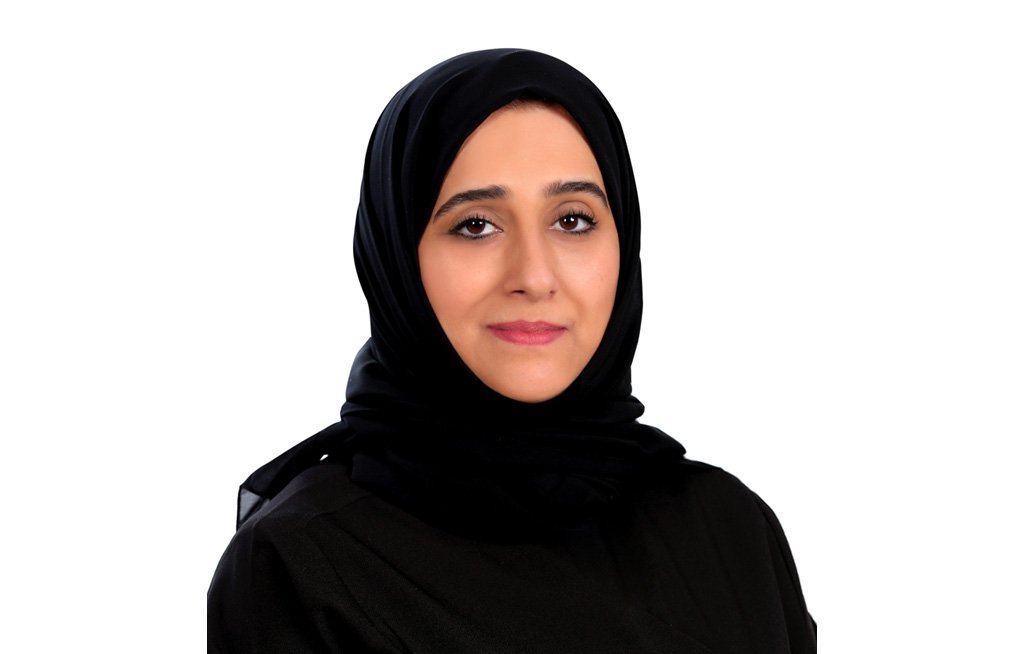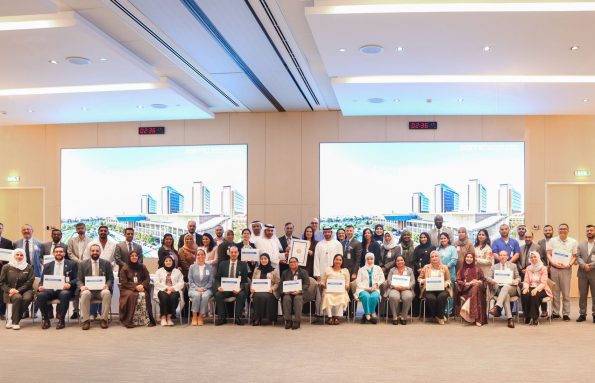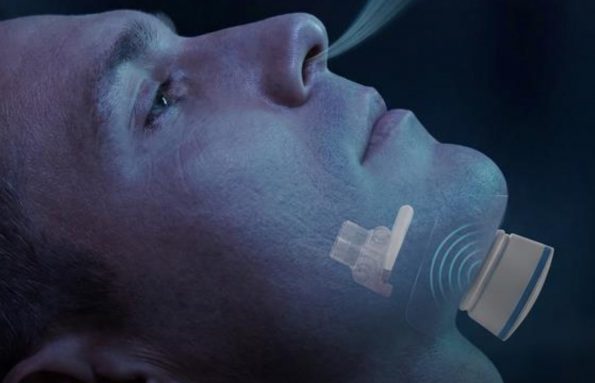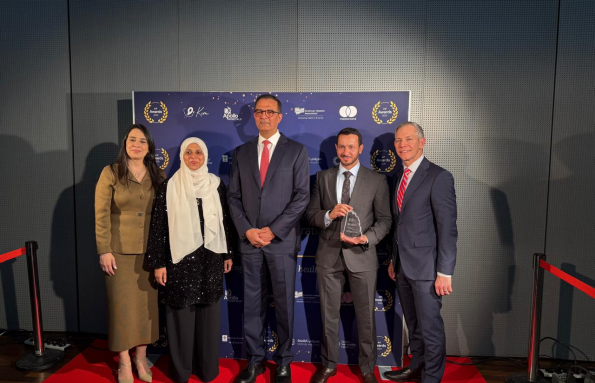- The test detects the presence of post-treatment cancer cells resulting in improved prognosis and disease monitoring.
- The test is especially beneficial to patients with B-cell lymphoblastic leukemia given the aggressive nature of the disease.
Sheikh Shakhbout Medical City (SSMC), one of the UAE’s largest hospitals for serious and complex care and a joint-venture partnership between Abu Dhabi Health Services Company (SEHA) and Mayo Clinic, has recently introduced a new test for patients living with B-cell acute lymphocytic leukemia (B-ALL). The B-ALL MRD testing by flow cytometry is a unique test to detect post-treatment B-Cell lymphoblastic leukemia cancer cells. It is designed to support physicians in improving the prognosis and monitoring of patients living with the disease.
B-ALL is a type of blood and marrow cancer that occurs when an excess of abnormal B-lymphocytes are produced. These types of white blood cells support the body in fighting infection. When too many of those cells accumulate in the blood and bone marrow, they impact healthy blood cells, making it harder for the body’s immune system to fight infections. B-ALL progresses rapidly and requires highly specialized testing to be optimally managed. SSMC’s B-ALL MRD Testing by Flow Cytometry helps detect minimal residual disease (MRD), which is the name given to leukemic cells that remain in the body during treatment and are a major cause of relapse.
Dr. Eiman Al Zaabi, consultant in hematopathology and chairperson of the Pathology and Laboratory Medicine Department at SSMC, commented on the clinical significance of introducing the novel testing method and said: “Having the B-ALL MRD testing by flow cytometry available at SSMC is invaluable to improving patient outcomes and providing a truly personalized experience. It enables us to identify MRD levels and gives our team of multidisciplinary specialists detailed information to improve the prognosis and monitoring of the disease. Additionally, the results guide us in amending the management of the disease and pinpointing the right level of care needed to yield the best possible therapeutic benefits for patients.”
Dr. Al Zaabi added: “Based on the test results, further therapies can be adapted to achieve long-term complete remission and contribute to reducing the harmful effects of chemotherapy.”
Additional benefits of the B-ALL MRD testing include identifying patients who are at a higher risk of relapse allowing for earlier intervention by their dedicated medical team, and who qualify for stem cell transplants.
Dr. Matthew Gettman, chief medical officer at SSMC, remarked on how crucial it is to bring such highly specialized testing to the UAE and how it contributes to SSMC’s ongoing efforts of establishing a center of excellence in cancer care. He said: “An intrinsic part of our approach at SSMC is to give patients definitive answers to the most serious and complex of health conditions. By having tests such as the B-ALL MRD Testing available to patients in Abu Dhabi, we are able to complement our clinical excellence and provide human-centered and integrated solutions led by global experts when delivering world-class oncological care to patients undergoing complex and time-sensitive treatments.”






